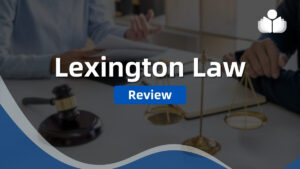Got an email, not long ago, asking: “Is there any danger with placing a major donor on the Board of a nonprofit organization?”
I responded that: Ideally, a non-profit organization will have a list of criteria for prospective Board Members and a formal procedure for (identifying and) recruiting new Board Members — meaning that no one can become a Board Member without going through steps A through Z.
The list of criteria should include, among other things, consideration of ethical and conflict-of-interest questions.
Too many NPOs make the mistake of placing a major donor on the Board without consideration of whether s/he can/will do all those things required of a Board Member.
An option would be to ask the major donor to serve on the development (or other) committee for a year or two. Then, other Board Members can get to know him/her and determine if this is a person who has what it takes to be a Board Member and is someone with whom the others would want to work.
It would be nice if all Board Members could be major donors. It would also be nice if all major donors had what it takes to be Board Members. Reality, however, teaches us differently.
As to the dangers you questioned, there are no legal implications, unless you violate your own by-laws and/or policies. The one issue that raises a red flag is that you could create the impression that your board seats are up for sale – that board members are selected on the basis of the size of their checkbooks and not on the basis of whether they can best serve the needs of the nonprofit … and of the community.
Bottom line: A seat on the board should never be a reward for giving; and, sometimes you must decline a major gift, because the attached strings would be too costly … in too many ways.
=-=-=-=-=-=-=-=-=-=-=-=-=-=
Have a comment or a question about starting or expanding your fundraising program? Email me at [email protected]. With over 30 years of counseling in major gifts, capital campaigns, bequest programs and the planning studies to precede these three, we’ll likely be able to answer your questions.
 Sections of this topic
Sections of this topic
















